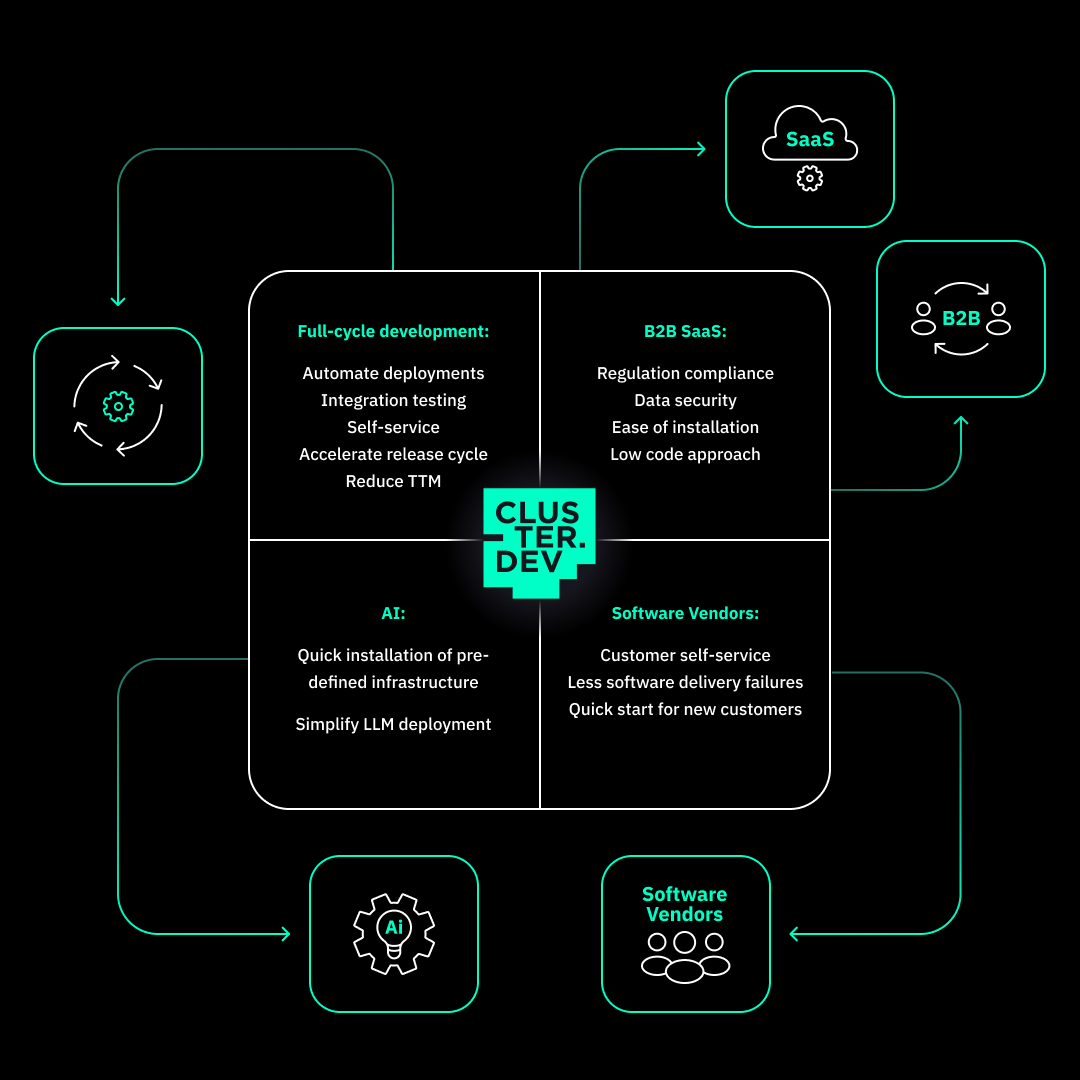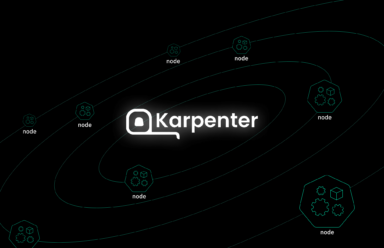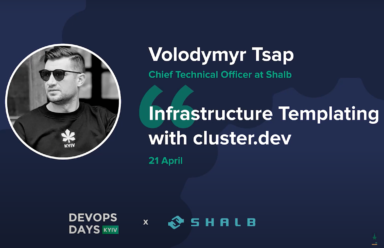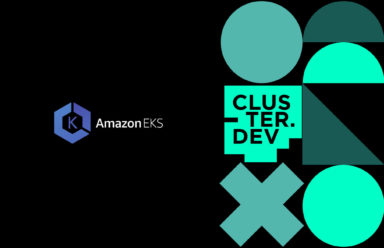The growing dependence on cloud computing makes it harder for many organizations to manage the increasingly complex architectures. Cloud management platforms (CMPs) – the suite of integrated software for a centralized management of cloud environments – appeared to effectively address this problem.
In this article we will explore the potential and benefits of Cluster.dev – a vertical CMP designed to create and manage cloud infrastructures – in the context of cloud management tools, and see what benefits companies can enjoy through using it.
Functionality
Functionalities are at the heart of any cloud management system. Whether generic-function cloud managers or specialized tools, CMPs are aimed at helping companies achieve goals that determine their cloud transition. Most commonly these include automation of processes, optimization of cloud costs, cutting a budget on infrastructure management, reducing product TTM, etc.
CMPs with extensive functionalities aim to optimize operations universally, enhancing overall operational efficiency for companies. These platforms primarily concentrate on automating deployments, providing visibility into costs, managing cloud resources, and ensuring security. With the rise of AI, many vendors offering generic CMPs are incorporating AIOps into their products to stay competitive. Notable examples of end-to-end platforms are CloudBolt software, Nutanix Cloud Manager, Morpheus, OpenStack, among others.
Simultaneously, there are vertical platforms designed for specific needs, like Ansible and Terraform for infrastructure provisioning and orchestration, or Datadog and Splunk for monitoring and observability. According to Gartner’s market guide, “Cloud Management: Simplify Your Selection Process,” organizations tend to prefer vertical solutions for specific use cases rather than platforms with generic functionalities.
Regardless of its main functionality, a robust platform should offer additional features that complement its core capabilities: scalability to accommodate growth and resource usage, support for multi-cloud deployments to avoid locking on specific technologies, user-friendly interface, robust security, and, importantly, dependable customer support.
Below, we outline the core functionalities of a CMP and compare them to the Cluster.dev implementation.
| CMP Function | Implementation in Cluster.dev |
|
Cloud resource management
|
Cluster.dev is a cloud automation tool that automates the creation, deployment, and provisioning of cloud resources. Its ability to deploy various infrastructure tools in a chain order enables the launch of the entire system in a single go, minimizing the installation time.
|
Automation of processes
|
Cluster.dev adheres to Infrastructure as Code (IaC) and GitOps principles. It consolidates all IaC components, simplifying the deployment, testing, and distribution of a comprehensive set of components with specific versions. This approach establishes the groundwork for fully automated infrastructure management pipelines.
|
Simplicity of use
|
Cluster.dev automates installations with a single button push in the WebUI or a one-shot CLI command, eliminating the need for specialized expertise.
|
Monitoring and observability
|
Cluster.dev seamlessly integrates with the Grafana-Prometheus stack for monitoring workloads in the Kubernetes cluster. The stack is pre-configured to collect metrics from all Kubernetes components and provides customized dashboards and alerting rules for visualizing both infrastructure- and application-specific metrics.
|
Security and compliance
|
Cluster.dev supports integration with secrets management solutions like SOPS and AWS Secrets Manager. With the entire infrastructure described as a single entity, Cluster.dev enables the passing of data between its components via remote states. This significantly reduces the need to store data in configurations, environment variables, or CI/CD system variables.
|
Multi-Cloud Orchestration
|
Cluster.dev is designed to facilitate multi-cloud installations. It has Terraform under the hood and inherits the functionality of Terraform modules to seamlessly integrate with APIs from major cloud providers.
|
Self-service portals
|
Cluster.dev enables the creation of self-service internal platforms for developers. Such platforms abstract away operational complexities, allowing developers to focus on code writing. Additionally, its single-command cluster deployments streamline processes, saving time and enhancing the product’s Time to Market.
|
App management
|
Cluster.dev is initially compatible with any CI/CD solution, facilitating the code delivery workflow within an organization. It operates as a Docker container within a CI/CD pipeline, ensuring manifests align with the cluster’s actual state.
When deploying to a specific cloud platform, Cluster.dev leverages its scaling capabilities to enable unlimited scaling of your services.
|
Integration
|
Cluster.dev operates on the principles of infrastructure codification and is inherently compatible with various IaC technologies and tools. Being an abstraction atop of IaC, it integrates with other IaC systems through APIs for initiation and orchestration, applying the logic of a Bash script installer to infrastructures. |
Cluster.dev provides users with a diverse set of tools and capabilities to optimize their cloud infrastructures, encompassing the features typically anticipated in a reliable CMP. Simultaneously, it functions as a specialized tool tailored to meet the specific challenges of distinct user groups.
For whom is the Cluster.dev vertical CMP?
IT Startups
Our primary focus is on rapidly growing startups and full-cycle software development companies engaged in active infrastructure development. Due to repeated deployments and frequent component updates such companies often face incompatibility issues, especially when trying to compile all infrastructure elements together. Additionally, the lack of an internal self-service platform often necessitates developers to take on operational roles during application deployment. Implementing Cluster.dev as a cloud manager would help such companies automate deployments, leading to accelerated software release cycles and a reduction in product TTM.
Enterprise and B2B SaaS customers
Businesses falling into these categories encounter specific security and legal regulations that restrict the straightforward adoption of the SaaS model, particularly when infrastructure is shared among multiple customers. High demands for data safety, legal compliance, and concerns about potential performance issues drive large enterprise customers to opt for deploying the SaaS instance to their individual cloud accounts for secure and exclusive usage. Vendors offering enterprise-grade SaaS solutions can utilize Cluster.dev to cater to the requirements of such customers, ensuring secure integration with other corporate services.
Software Vendors
The deployment of a software product frequently entails fulfilling specific infrastructure prerequisites, such as establishing a cloud account, configuring a Kubernetes cluster, setting up databases, and defining security policies. Some customers encounter challenges in aligning with these cloud prerequisites necessary for deployment. Additionally, the complexity of a product and the absence of quick installers might dissuade potential customers from exploring and adopting the software. In such cases, employing Cluster.dev proves advantageous as it offers software vendors a comprehensive infrastructure installer. This installer effortlessly deploys the software onto the required infrastructure as a single installation package, thereby saving time and reducing the engineering effort required for planning and implementation.
The same usage scenario can be applied to AI/ML Model and Tooling Vendors. They can utilize Cluster.dev as an infrastructure installer to simplify the deployment of their Large Language Models (LLMs) to a preferred cloud environment.

The Cluster.dev’s customer segmentation diagram
Benefits of implementation
- Integration of all cloud services within a single suite
- Easily customizable, ready-to-use IaC templates
- Automatic infrastructure change testing
- Import of existing IaC
- Clients management portal
Conclusion
The reliance on cloud services contributes to the growing complexity of IT infrastructures leading to the emergence of complex heterogeneous environments that are challenging to manage. Cloud management platforms are designed to tackle the complexities of coordinating such diverse systems. While functionalities may vary, these solutions universally offer centralized resource management, process automation, user-friendly interfaces, and system transparency.
Cluster.dev as a vertical cloud management platform takes responsibility for managing your cloud environments and solving all related technical issues. We offer cloud management as a service so that you could focus entirely on achieving your business-goals.
 Schedule call
Schedule call


